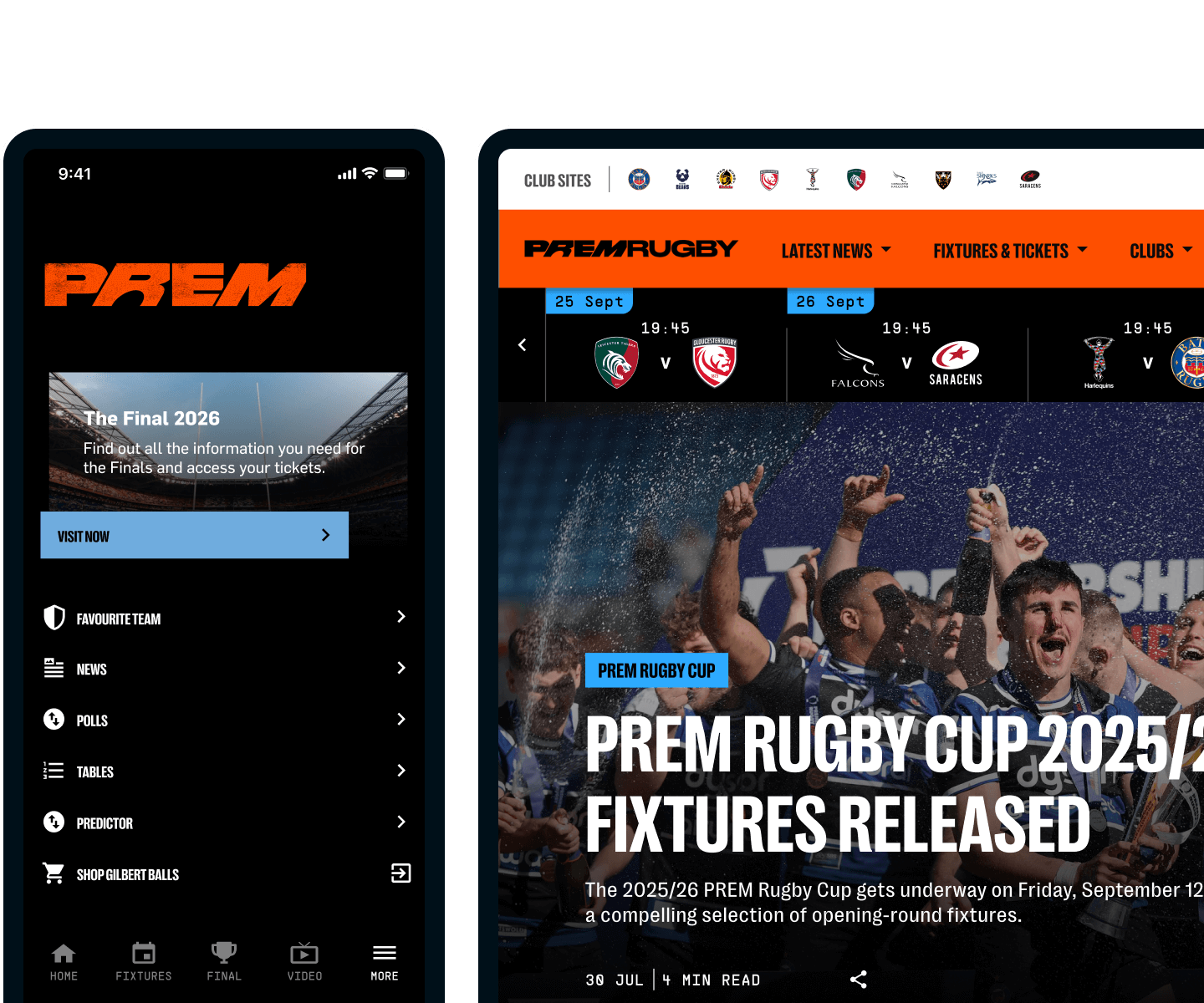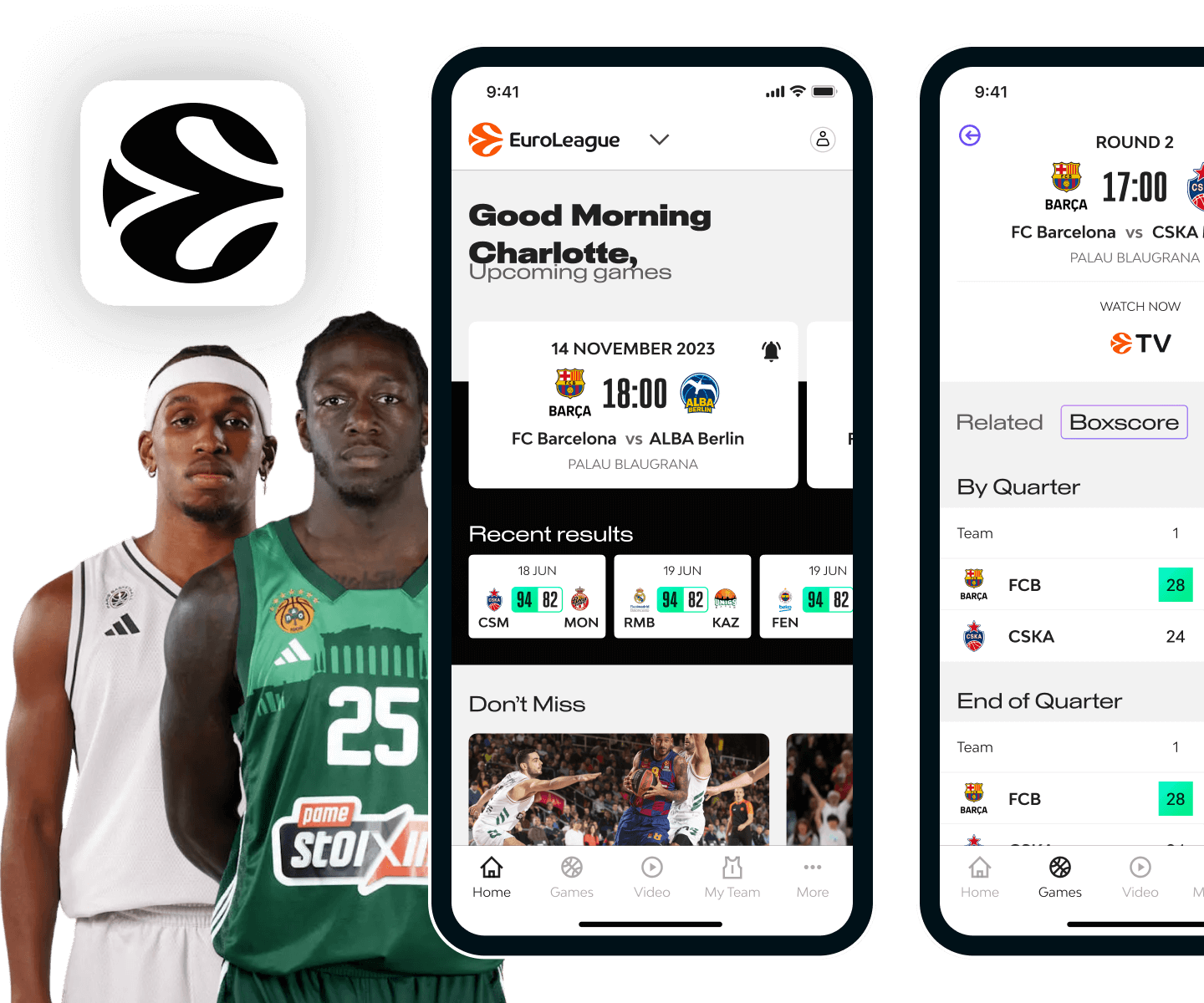Where can we help?
Discovery
Strategy
Design
Delivery
Optimisation
FAQs
What are Digital platforms?
Digital platforms are websites and mobile applications that facilitate interactions, transactions, and the exchange of goods, services, or information between users, businesses, and other stakeholders. They act as intermediaries, connecting different groups (e.g., buyers and sellers, content creators and consumers) and offer tools to facilitate these exchanges.
What technology is required to support web and app builds?
Building modern websites and mobile apps requires a range of technologies across different layers - frontend, backend, databases, infrastructure, and more - including:
- Cross platform frameworks and libraries
- Languages for structure, styling and interactivity
- APIs
- SQL, noSQL and in-memory databases
- Cloud providers
- Containerisation and orchestration
- CI/CD pipelines
- CDNs
- Authentication and authorisation
- Encryption and security
- Monitoring and performance
- User analytics
What is the difference between native, hybrid, and web apps?
- Native Apps: Built for a specific platform (Android or iOS). High performance but requires separate codebases.
- Hybrid Apps: Use web technologies but run within a native wrapper (e.g., Ionic, Cordova). Easier to maintain but may have performance limits.
- Web Apps: Accessed via browsers (e.g., Progressive Web Apps). No installation needed but limited access to device features.
What is an API and why is it important?
An API (Application Programming Interface) allows different software systems to communicate. APIs are critical for integrating third-party services (e.g., payment gateways, maps) and building modular, scalable applications.
What factors affect the cost of web and app development?
- Scope & Features: More features = higher cost.
- Platform: Native apps are costlier due to separate codebases.
- Design Complexity: Custom UI/UX increases time and expense.
- Team Location: Development costs vary by region.
How do you ensure security in web and app development?
- Secure Authentication: Use OAuth 2.0, JWT, multi-factor authentication.
- Data Encryption: Encrypt data in transit (SSL/TLS) and at rest.
- Regular Updates: Patch vulnerabilities quickly.
- Access Control: Limit permissions based on user roles.
Are the platforms we build compliant with privacy laws?
Yes, we will only ever work with reputable technology as well as having our in-house GDPR compliance team to ensure we are also working within the parameters of all privacy laws.
What happens after the app or website is launched?
- Monitoring: Track performance and errors.
- Updates: Release bug fixes and feature enhancements.
- User Support: Provide customer service for issues.
How do you scale an app or website as traffic grows?
- Cloud Hosting: AWS, Azure, or Google Cloud for elastic scaling.
- Caching: Use CDN and database caching (e.g., Redis).
- Microservices: Break monolithic apps into scalable components.



























